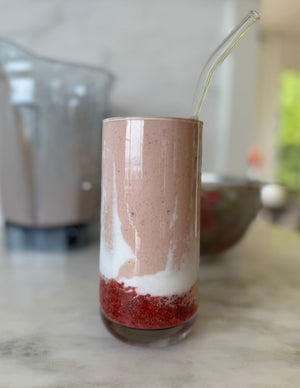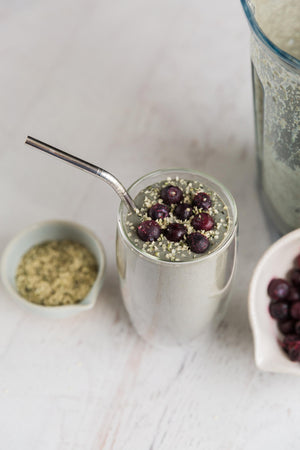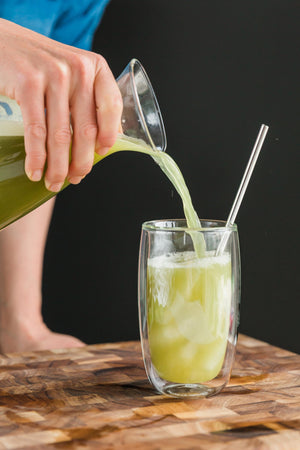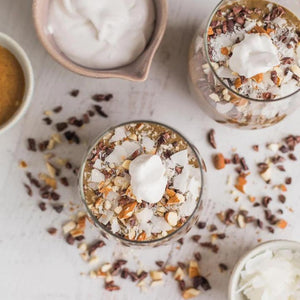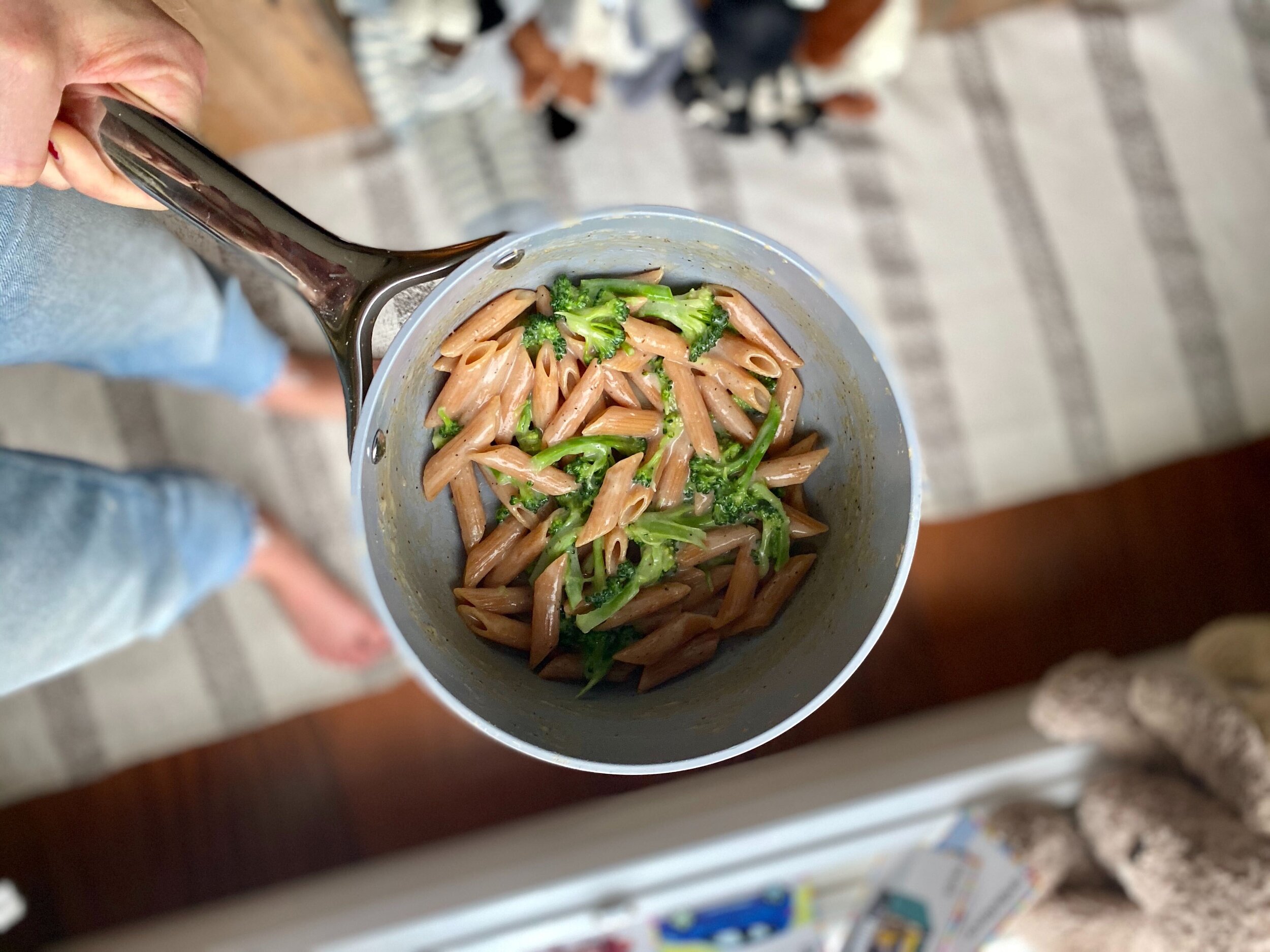
Cooking at home is often touted as a way to save money and eat healthier, and nonstick cookware allows for delicious at-home dishes with easy clean-up. The safety of nonstick cookware, however, has been a subject of debate for about as long as it’s been in our kitchens.
Teflon, one of the most common types of nonstick coatings, refers to a group of chemicals including polytetrafluoroethylene (PTFE) and perfluorooctanoic acid (PFOA). The FDA and EPA have confirmed that these “Forever Chemicals” can remain in our bodies for a long time - 10 years! - and do not decompose in nature. PFOA has been linked to a number of health issues including thyroid disorders, liver disease, and cancer and has been banned from use in Teflon products since 2013, however PFOA is still present in many other products (fast food packaging, shampoo, bags of microwave popcorn, clothing) and at least low levels have still been found in blood samples of people worldwide so limiting your exposure where you can is a good idea.
The problem with these chemicals in Teflon - as well as notorious chemicals in other common products like BPA, fragrances, and flame retardants - is that they are known to interact with our endocrine systems. They mimic or interfere with the action of normal hormones, resulting in problems with development in children, reproduction, brain health, and immunity. PFAs(PTFE and PFOA) in particular alter metabolism, making it harder for individuals to maintain weight loss. These known issues and the stigma around them are problematic for companies whose products contain such chemicals. As a result, companies may not be as transparent as we’d like them to be about what’s really in their products.
Take cookware, for example. Teflon and other nonstick coatings are often marketed as non-toxic but actually contain detectable amounts of Teflon (PTFE) or some other heavy metal. Though they may advertise their products as PFOA-free, they leave out the fact that PTFE is still present and so the risk remains.
I recently had an eye-opening chat with Dr. Leonardo Trasande about protecting your endocrine system against hormone-disrupting chemicals, including PFAs in cookware. When it comes to PFAs, his recommendation is to play offense as best as you can and begin swapping out your pots and pans for safer options like cast iron, stainless steel, or ceramic.
Cast iron products are naturally nonstick when seasoned properly, though that does take some time and dedication. Stainless steel is another safe option. Don’t be stingy with your cooking oil and clean-up will be easier. Ceramic cookware is another great option, with some caveats. Ceramics, including ceramic paints, are made from clay and so carry a risk of containing heavy metals. If you decide to go this direction, you’ll want to do a little research (calling the company is often the fastest way) to make sure the products you choose are free of metals like lead or nickel.
Caraway is a brand whose ceramic products are completely free of those Forever Chemicals so you can cook without a care - just kidding, don’t forget to stir that skillet! Their products, including the ceramic paint they use, have been rigorously tested to ensure they are free of PFAs and heavy metals. An added bonus? They’re also beautiful and supremely easy to clean. You don’t have to sacrifice your health or even your style when you have options like these.
Many of us are budgeting even more than before so I understand getting a whole new pot and pan set can be expensive. If you're switching out your set slowly there are other ways to lower your exposure, like keeping the heat low. If I am being honest, I would want to keep each of you and your families safe so I would prioritize cleaner cookwear.
Teflon is just one of many endocrine-disrupting chemicals we come in contact with often. My podcast episode with Dr. Leonardo Trasande is full of information about endocrine-disrupting chemicals throughout your everyday life. He’ll also arm you with simple steps to benefit and protect you and your family.
It can be scary to think about dangerous chemicals in our daily lives, and the last thing we need right now is something else to fear. Control what you can and don't drive yourself crazy with the things you can't - remember, chronic stress isn't good for your health either! Above all, stay safe out there people!
Sources:






